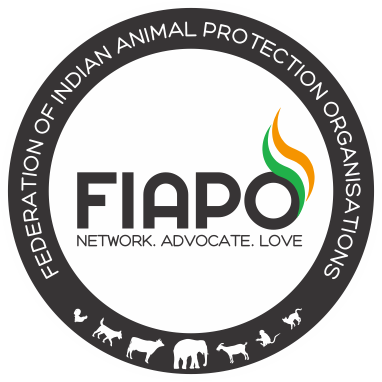
By Varda Mehrotra (Executive Director, FIAPO)
The world woke up one usual, uneventful morning to the news of corona virus, a new zoonotic disease, taking away thousands of lives in a city named Wuhan in China. An unknown city found itself as the focal point amid the world leaders with the outbreak of the pandemic, COVID-19. What nobody knew or could have ever guessed, is that this is going to change everyone’s lives, the world over.
In the last century, the world has witnessed some of the most startling transformations with the occurrence of life-altering events. Mankind was never the same after the World War I, World War II, dropping of the atomic bomb on Hiroshima,the fall of the Berlin Wall and the Persian Gulf War.These are some of the events that modified the world order and led to numerous changes that impacted not only humans but all forms of life on earth including environment. The emergence of COVID-19 can thus be regarded as the newest event for the new century and decade of 2020. An event that has not only pushed economies back by several decades, but
has also raised various pertinent questions.
Though it is hard to predict the future, we can say with a sense of surety that nothing will ever be the same. The pandemic has forced each individual to re-think and re-examine their relationship with life in all spheres. As the world looks at recession in all sectors, it has become imperative that we transform not just our lives but also our
surroundings. The pandemic has brought to light the grim realities such as the inferior working conditions of workers in the informal sector and appalling job security which has made many involuntarily leave for their hometowns; the poor state of health facilities and the irresponsible behaviour towards plants and animals.
The trend has set in around the world for making pledges where government and private sectors along with individuals are undertaking initiatives for maintaining high levels of hygiene, keeping the ecological balance while taking care of animals. Headway is being made in the fractured healthcare system as well where medical professionals are serving people by risking their lives in the absence of protective
gears, at their most vulnerable, on ground zero. It is also evident that corona virus has made people conscious about their environment as collaborative approach towards work is gaining prominence. But it must be understood that people are adapting new ways not by choice. There is the possibility that once the threat of the pandemic disappears we may all fall back into our old habits.
While we ruminate over the fact that our actions boomerang as consequences, we need to come to terms with the fact that what we had been living wasn’t “normal”. We need a new normal. And we can start by adapting greener ways of living including less consumption of meat and animal-based products, minimum usage of vehicles. Radical transformation in animal agriculture by ending wet markets, factory farms, putting a stop to reckless clearing of forests and wild spaces for animal farming are some of the steps that governments across the world must take up.
Animal protection agencies are vigorously working towards safeguarding animals after the emergence of the pandemic was linked to a wet market in Wuhan. Such wet markets are commonly found in Asia and Africa where wildlife is sold and exploited beyond imagination. The UN Convention on Biological Diversity chief has called for a ban on wet markets.
The post COVID-19 world will bring with it new sets of challenges as suspicion and fear will loom large but the time is opportune for us to learn our lesson from the pandemic and move ahead. COVID-19 should serve as a catalyst for constructive changes and awareness about animal protection movements must become an integral part of this journey.
But don’t rely on the rebuilding to happen on its own – engage at every level now – consumer, corporate and government – to ensure that changes for animals, people and the planet are for the better.



